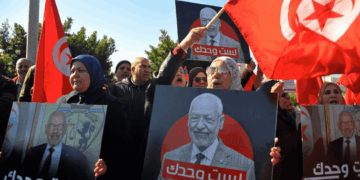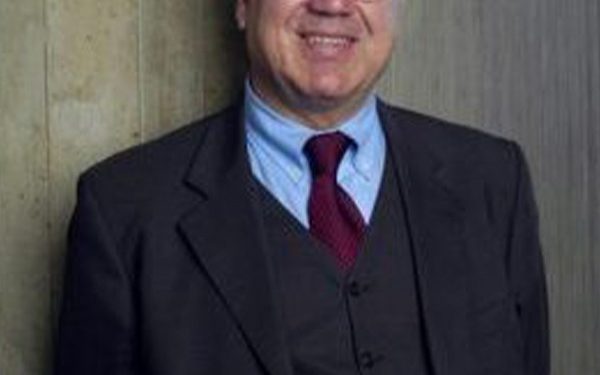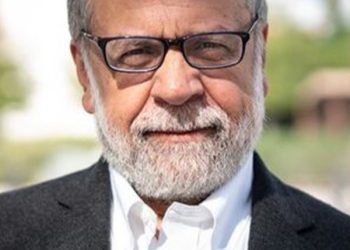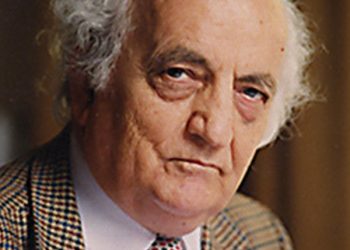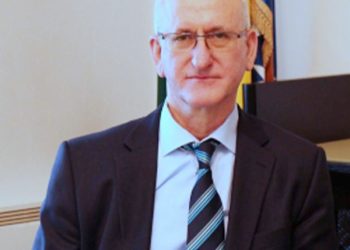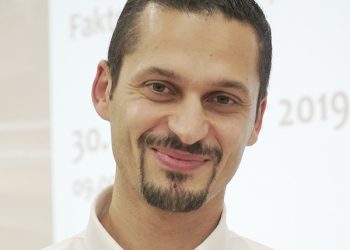Bassam Tibbi was born in Damascus in 1944. He attended the University of Frankfurt in 1962 and received his PhD in 1971. His professors Max Horkheimer, Theodor W. Adorno, Jürgen Habermas, Iring Fetscher and Alexander Mitscherlich contributed to the development of his ideas. Between 1973 and 2009 he was the Georgia Augusta Professor of International Relations at the Chair of International Politics at the University of Göttingen and Director of the Center for International Studies. From 2005 to 2009, he lectured on Islam and bipolar world politics at the Diplomatic Academy in Vienna. A co-founder of the Arab Association for Human Rights, he is well known for his commentaries on political Islam on German ZDF television and for his articles and books in major newspapers and magazines.
Between 1970 and 2010, he traveled extensively and his experiences played a role in the advancement of his scientific life. Between 1980 and 2013, he held 18 visiting professorships in the Middle East, West Africa and Southeast Asia, including Turkey, Sudan, Cameroon, Switzerland, Indonesia and Singapore. Bessam Tibbi has been particularly involved in projects on identity, culture and Islam. In 1991-95, he participated in The Fundamentalism Project at the American Academy of Arts and Sciences and the Culture Matters Research Project (CMPR) at the Fletcher School. The “”Culture Matters Research Project”” resulted in the publication of a two-volume book entitled Developing Cultures by Routledge in 2006. He also participated in the “”Human Rights”” research project at the Wilson Center in Washington D.C. and the project ended with the book Human Rights in Africa published by the Brookings Institution.
The author participated in Stanford University’s “The Ethnicity in Europe” project and contributed to the book Ethnic Europe: Mobility, Identity, and Conflict in a Globalized World. After his retirement from the University of Göttingen in 2010, he joined the Center for Advanced Holocaust Studies (CAHS) at the United States Holocaust Memorial Museum in Washington, DC, where he worked on antisemitism. Between 1999 and 2001 he was a member of the World Economic Forum (WEF) community in Davos for three consecutive years. He spoke at a BMW-Quandt-sponsored event in Frankfurt after the 1991 Gulf War and at an event after September 11, 2001. He is recognized as the founder of Islamology and has written a trilogy of books on political Islam. He has published several books, including The Sharia State, The Arab Spring and Democratization, Islamism and Islam, Islam in Global Politics: Conflict and Bridging Cultures, Islam’s Challenge to Modernity Religious Reform and Cultural Change and Political Islam, World Politics and Europe.
His articles have appeared in many prominent journals such as Fletcher World Affairs Forum, Journal of Social and Political Theory, Millennium. He works on secular democracy, identity, and the integration of Islam into Europe. Tıbî believes that today critics of Islam are being silenced throughout Europe. Emphasizing that Islamism is totalitarianism, the author argues that Islamism should be separated from Islam (USHMM, 2007). He is also interested in the European Islam project, which is based on the integration between Islam and Europe (Abdelazim, 2016). Tıbî aims to combine the Enlightenment tradition of Europe with rational thought in Islam. He believes that Muslims, if they wish, can achieve a harmony between Islam, modernity and democracy (USHMM, 2007).
References
Tibi, B. (n.d.). Curriculum Vitae https://web.archive.org/web/20141105135731/http://www.bassamtibi.de/curriculum-vitae/
United States Holocaust Memorial Museum (USHMM). (2007, March 29).
Bassam Tibi. https://www.ushmm.org/antisemitism/podcast/voices-on-antisemitism/bassam-tibi-tr
AbdelAzim, M. (2016). The Islam of Bassam Tibi. The Cairo Review of Global Affairs. https://www.thecairoreview.com/midan/the-islam-of-bassam-tibi/










